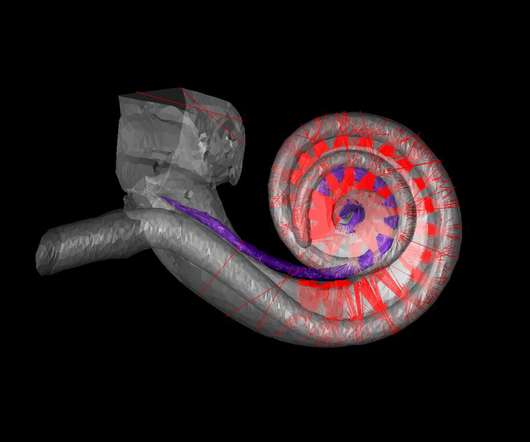Germany and Namibia form partnership for green hydrogen
Green Car Congress
AUGUST 30, 2021
Kandjoze of Namibia’s National Planning Commission agreed to establish a hydrogen partnership between Germany and Namibia and signed a Joint Communiqué of Intent (JCoI). The global race for the best hydrogen technologies and the best sites for hydrogen production is already on. This is almost twice as much as Germany has to offer.












Let's personalize your content